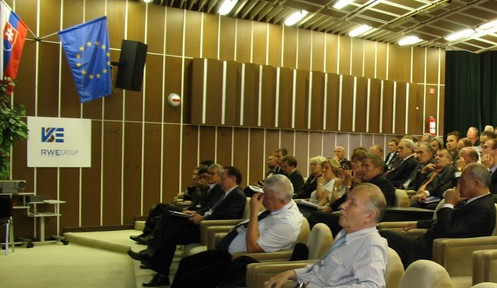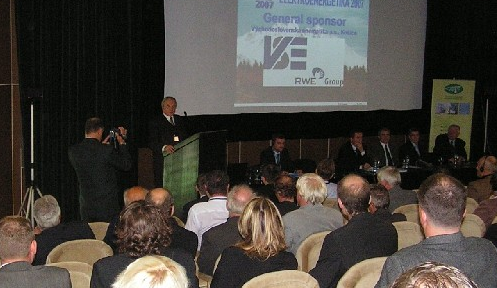|
Control of Modular Multilevel Converter for Compensation of Unsymmetrical Loads
*Petr Šimek
Department Electrical Engineering and Electrophysics; Institute of Thermomechanics of the CAS, v. v. i.
Martin Bejvl
Department Electrical Engineering and Electrophysics; Institute of Thermomechanics of the CAS, v. v. i.
Viktor Valouch
Department Electrical Engineering and Electrophysics; Institute of Thermomechanics of the CAS, v. v. i.
Last modified:
2022-05-31
Abstract
Several articles and producers proposed compensation equipments for unsymmetrical loads in three-phase grids, which consist of three branches of a multilevel voltage converter. These three branches were connected to delta and every branch was connected between the phases ab, bc, ca of the grid. Every branch contains series of H-bridges and every H-bridge has a DC intermediate circuit with a capacitor. Every branch also contains a reactor in series with H-bridges.
The mentioned connections have an essential disadvantage. The converter with three branches under conditions of high voltage is too expensive. In order to reach savings of devices, we want to develop a compensation converter with only two branches. If we want to operate with only compensation converter with two branches, we have to ensure the active power exchange between branches of the converter.
In the contribution we will analyze the function and simulate such a converter with only two branches. We will introduce basic scheme and basic circuit equations. Then we compare several variants of solutions. Several variants will be different according to assumed converters capabilities to provide the active or reactive current, and also according to user requirements about the grid currents, which should ideally be purely active and have the same magnitude.
The results for different variants of the possible operation of frequency converters and requirements on the grid load will be given.
The same active power should be withdrawn from the grid after the compensation using the compensator delivering none active power. Thus, supposing the same power distribution among all the phases of the grid, the demanded reference currents for the compensator in the D-connection was calculated.
The current control was performed in the synchronous reference frame. To determine the instantaneous value of the phase of the grid voltage vector, the FLL (Frequency Locked Loop) of the SOGI type was used.
A model of the whole system was created to verify the operation of the control system and also to analyze the conditions in the power part of the converter.
The model consists of two main parts. The first part simulates a real system that is the three-phase voltage source, the MMC including a modulator, the active load and other power circuit components. This part is simulated as continuous system as it is in the real world. The second part simulates the controller; it is simulated as discrete one with sampling, realized as a triggered subsystem.
It can be concluded that after the proposed compensation it is possible to draw symmetrical and pure active current from all phases. A set of multi-level voltage converters is considered as a compensation device. The paper will present a way of determining the reference currents for the converter in its two branches and proposes a method of controlling the converter so that the active power from the grid is equal to the active power of the load. The compensation technique was tested applying different kinds of the MMC model.
|
 |
|







